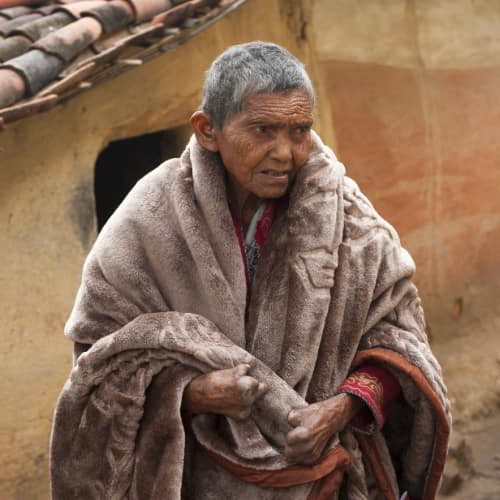Understanding Hypothermia and Frostbite: Addressing Cold-Related Health Risks
Hypothermia and frostbite are serious conditions that can occur due to exposure to cold temperatures. This article explores the impact of these conditions on the human body and discusses measures to address the associated health risks.
Hypothermia occurs when the body loses heat faster than it can replenish it, leading to organ dysfunction and potentially fatal outcomes. Recognizing the early symptoms, such as shivering, slurred speech, weak pulse, loss of coordination, and drowsiness, is crucial. However, the insidious nature of hypothermia can make it challenging to detect, as symptoms may develop gradually. This can lead to confusion and risky behavior, making it essential to raise awareness and seek timely help.[1]
Even when cold is not the primary cause of death, it can exacerbate existing conditions, sometimes to a fatal extent. In 1999, the World Health Organization expanded its criteria for assessing cold-related deaths, incorporating cases where cold acts as a contributing factor. This broadened perspective has increased the understanding among health professionals and other stakeholders, shedding light on the significant impact of cold on overall mortality rates.[2]
Frostbite is a severe condition that occurs when the skin and underlying tissues freeze. It can result in long-lasting damage or even permanent impairment. Numbness is an early symptom, often making it challenging to detect the progression of frostbite. As the condition worsens, symptoms may include a prickly feeling, inflamed or reddened skin, hardened or waxy skin appearance, and the loss of sensation. Severe frostbite can lead to blackened and necrotic tissue, necessitating amputation in extreme cases. Fingers and toes are particularly vulnerable to frostbite.[3]


Comments
Post a Comment